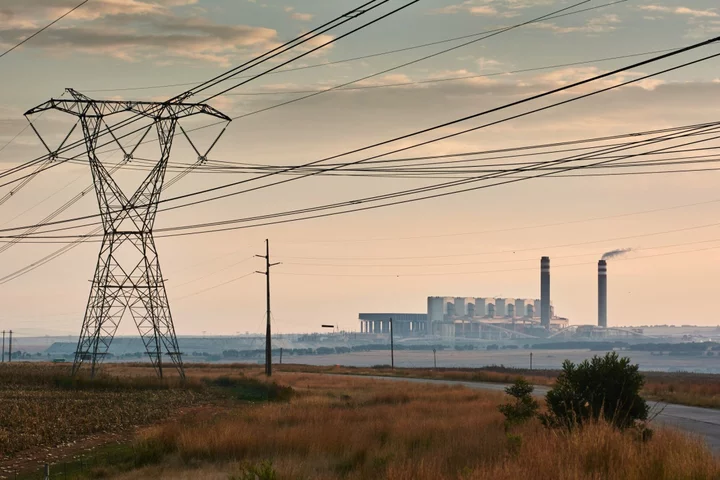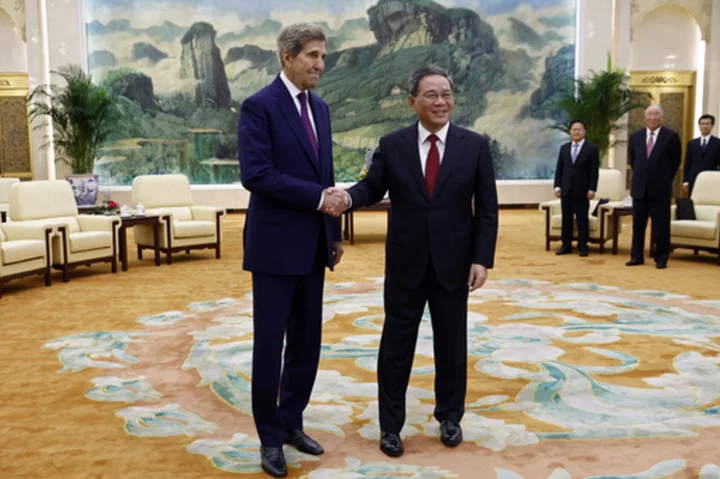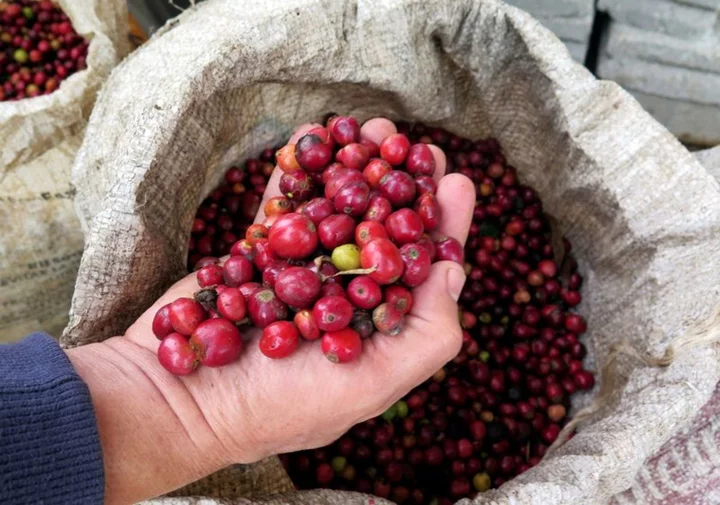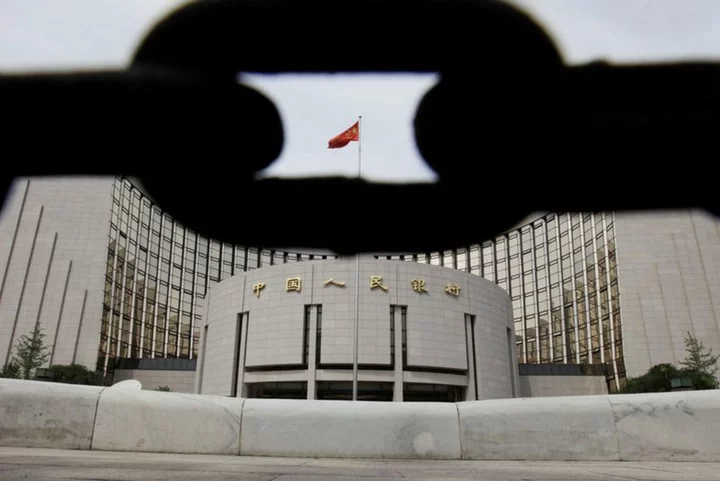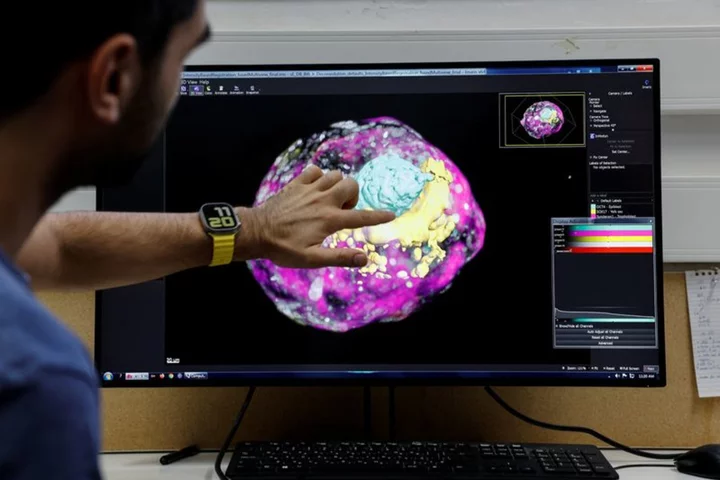African governments are trying to devise a common set of rules to govern the fast-growing market for carbon credits as they channel a large share of revenue toward state coffers.
Zimbabwe roiled the $2 billion global industry in May when it decreed that half of all proceeds from the offset sales would go to the state. Kenya is now seeking to regulate the industry and Malawi has formed an agency to do the same. Zambia may follow Zimbabwe’s lead, Collins Nzovu, Zambia’s environment minister, said Thursday.
Carbon offsets are in high demand as businesses around the world try to compensate for their greenhouse gas emissions. Climate and environment ministers in Africa are exchanging notes on how to profit from the nascent, largely unregulated but potentially lucrative market.
“There isn’t as yet an established move for convergence to say, ‘lets have a uniform framework,’” said Mangaliso Ndlovu, Zimbabwe’s environment minister, in an interview at a conference in the country’s resort town of Victoria Falls. “Going forward, I want to believe there will be greater collaboration among African ministers of environment.”
Zimbabwe is hosting the conference, which ends Friday, in a bid to make the dollar-based Victoria Falls Stock Exchange a center for carbon credit trading.
Trees suck in carbon and the most common offset projects in Africa are reforestation programs. A single carbon credit represents a ton of climate-warming carbon dioxide or its equivalent that’s either removed or prevented from entering the atmosphere. The global trade is projected to grow to as much as $1 trillion within 15 years, according to estimates from BloombergNEF.
Africa is home to the Congo Basin — the world’s second-biggest rain forest — as well as vast tracts of savanna woodland. Most offset agreements in Zambia and Zimbabwe have been concluded with local authorities and traditional leaders, known as chiefs. But the deals aren’t uniform and the governments have derived little financial benefit, a gap they now want to fix.
“The biggest issues in this market are revenue sharing,” Nzovu said. “From what has been happening in the past, we haven’t had a good share of revenue.”
Zimbabwe’s is Africa’s third-biggest producer of credits, accounting for 13% of continental output, while Zambia is fifth-largest at 6%, according to RippleNami Inc., a data collection company that made a presentation at the conference. Kenya is Africa’s largest producer of the offsets.
Nzovu said his government would be “very happy” with 50% of revenue, but will aim to negotiate agreements case-by-case. The country’s parliament is due to debate a Climate Change Bill during the fourth quarter as part of its push to regulate the industry.
While Zimbabwe’s demand for half of offsets revenue has invited criticism, Ndlovu said it could make some concessions to those who run the projects.
Nzovu and Ndlovu stressed that they don’t want to deter investors and will seek a fair split of revenue. Ndlovu said there was no intention to “punish” those running offset programs.
The Victoria Falls conference has attracted ministers from a number of African countries, as well as industry participants. Zimbabwe’s President Emmerson Mnangagwa will address it on Friday.
(Updates with Kenya’s ranking in ninth paragraph)

